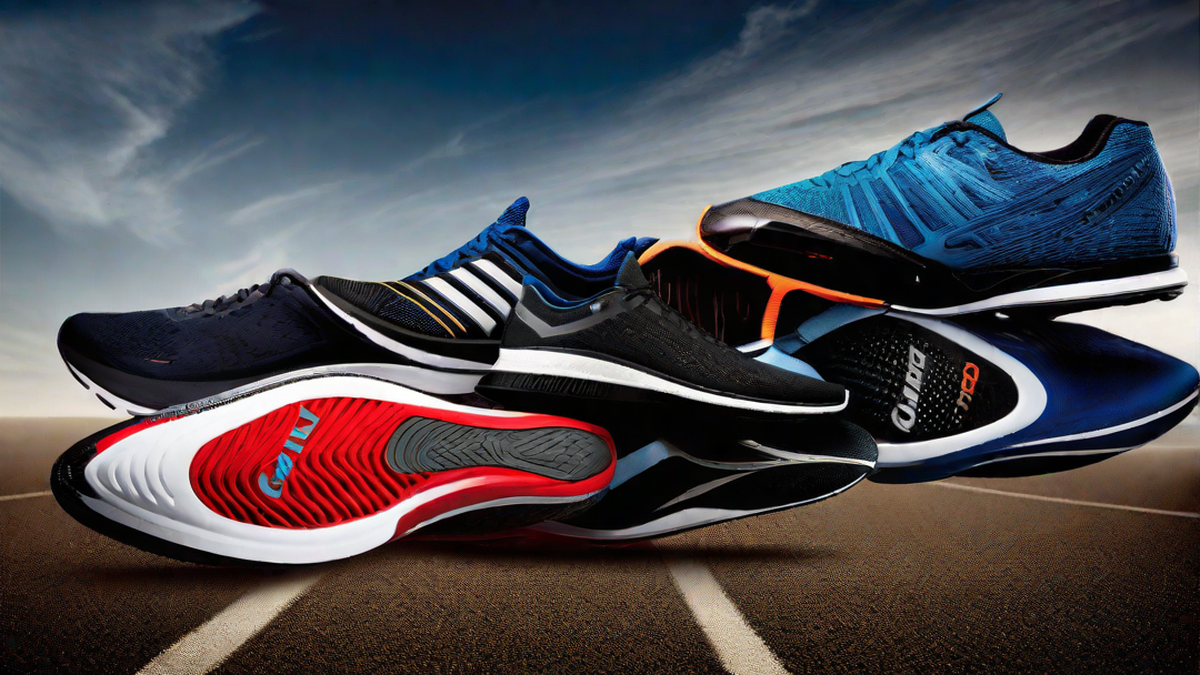As a passionate runner, one of the questions I often hear is whether running shoes really make a difference. It’s a valid question because, for many years, I believed that any pair of athletic shoes would be sufficient for my running needs. However, after doing some research and trying out different types of running shoes, I can confidently say that running shoes do make a significant difference in both comfort and performance.
The Importance of Proper Running Shoes
When it comes to running, wearing the right shoes is essential for several reasons. Firstly, running shoes are specifically designed to provide the necessary support and cushioning for the repetitive impact on your feet and joints. They have features such as shock absorption and arch support that can help prevent injuries and reduce strain on your body.
Another crucial aspect is the fit of the shoes. Running shoes are engineered to provide a snug fit that keeps your feet secure and reduces the risk of blisters or discomfort during your runs. They also have features like breathable mesh fabrics that help keep your feet cool and dry, preventing excessive sweating and the development of unpleasant odors.
Furthermore, running shoes are designed with different types of runners in mind. There are shoes for neutral runners, overpronators, and supinators, each catering to specific foot mechanics and offering the necessary stability and support. Choosing the right type of shoe for your running style can greatly enhance your overall comfort and performance.
The Impact on Performance
Now, let’s dive deeper into how running shoes can make a difference in your performance. A well-designed running shoe can help optimize your stride and promote efficiency in your running technique. They can provide the right amount of cushioning to absorb shock and propel you forward, allowing you to maintain a steady pace and avoid fatigue.
Furthermore, running shoes can also improve your stability and balance, especially on uneven terrain or during sprints. They offer enhanced traction and grip, reducing the risk of slipping and allowing you to maintain better control of your movements. This can be especially beneficial if you engage in trail running or participate in races.
Additionally, running shoes can contribute to better biomechanics, helping to correct any imbalances or issues in your gait. This can lead to a more efficient stride, reducing the risk of common running injuries such as plantar fasciitis, shin splints, or IT band syndrome.
Choosing the Right Pair
When it comes to selecting the right pair of running shoes, there are a few factors to consider. Firstly, determine your foot type – whether you have high arches, flat feet, or a neutral arch. This will help you choose a shoe with the appropriate level of arch support.
Next, consider the terrain you usually run on. If you primarily run on pavement or track surfaces, you’ll want a shoe with good cushioning and shock absorption. On the other hand, if you enjoy trail running, look for a shoe with more aggressive traction and stability features.
Finally, don’t forget to try on multiple pairs and walk or run around the store to ensure a proper fit. Everyone’s feet are unique, so what works for someone else may not work for you. Pay attention to any discomfort or pressure points and choose a shoe that feels comfortable and supportive.
In Conclusion
In conclusion, running shoes do make a significant difference when it comes to running. They provide the necessary support, cushioning, and stability to enhance your comfort and minimize the risk of injuries. The right pair of shoes can also improve your running performance by optimizing your stride, promoting efficiency, and enhancing your stability. So, if you’re serious about running, investing in a good pair of running shoes tailored to your needs is definitely worth it.

